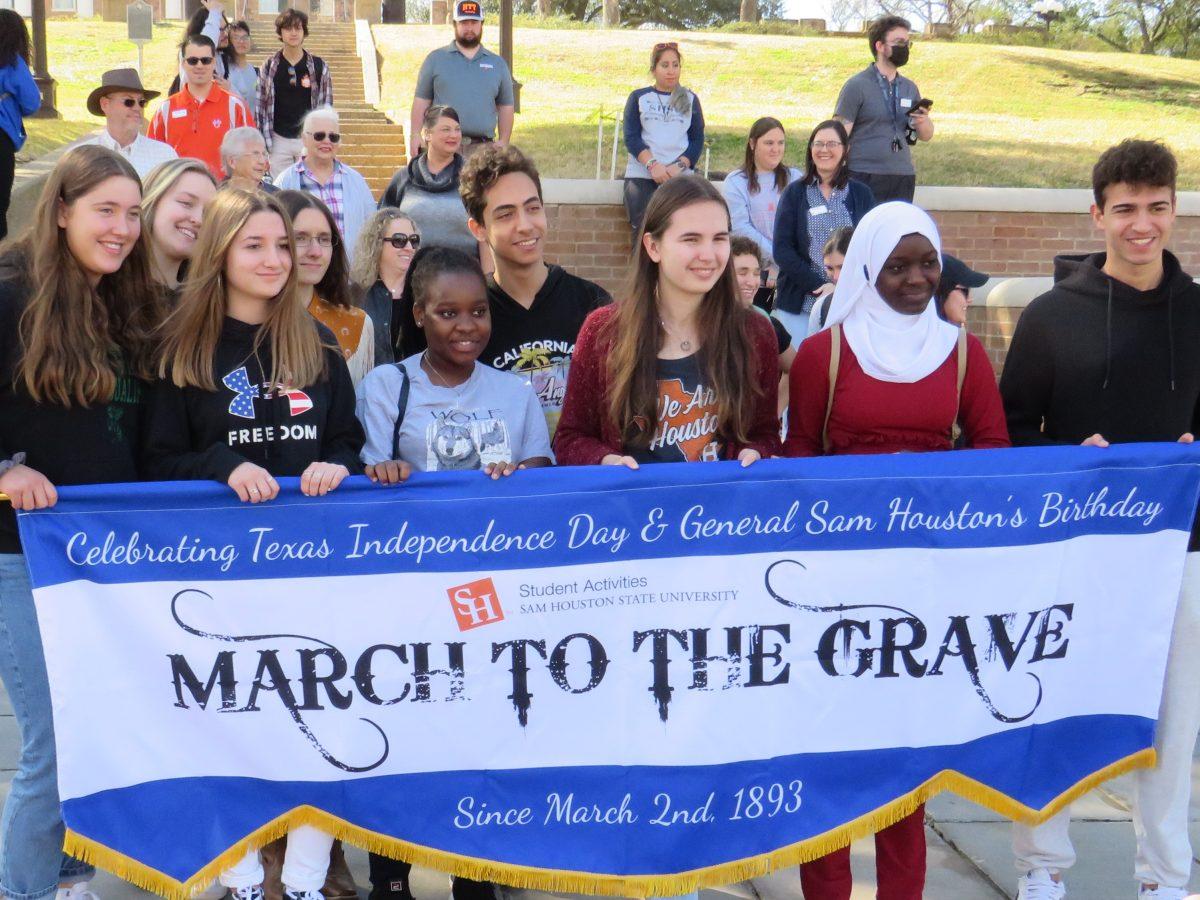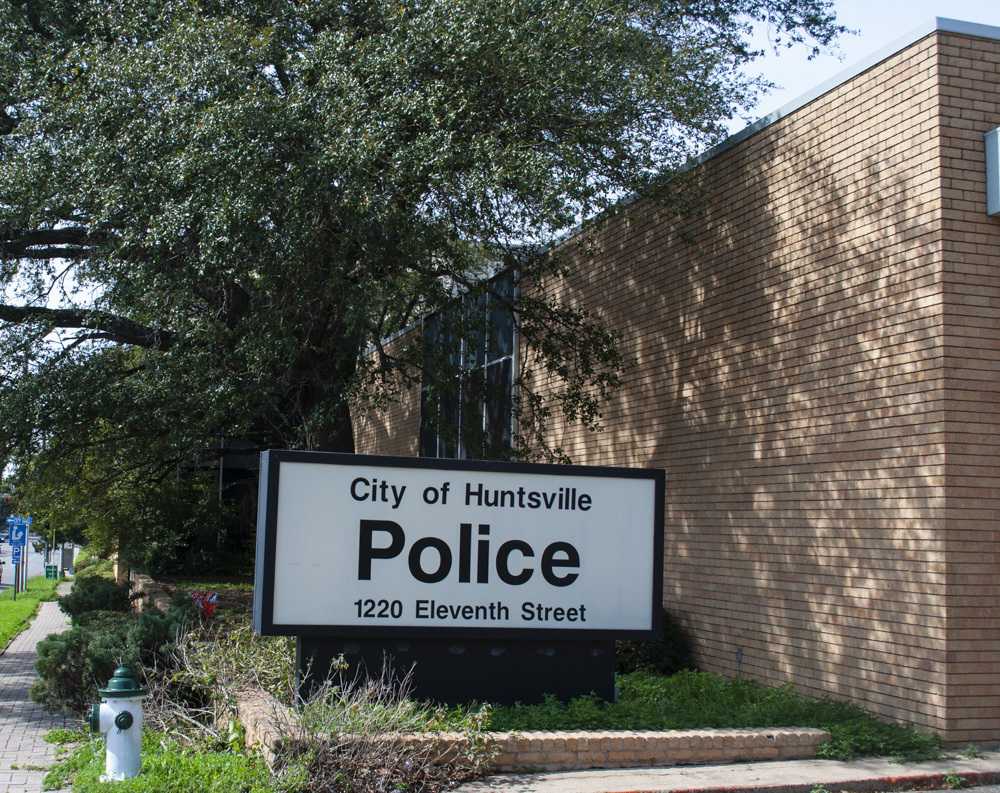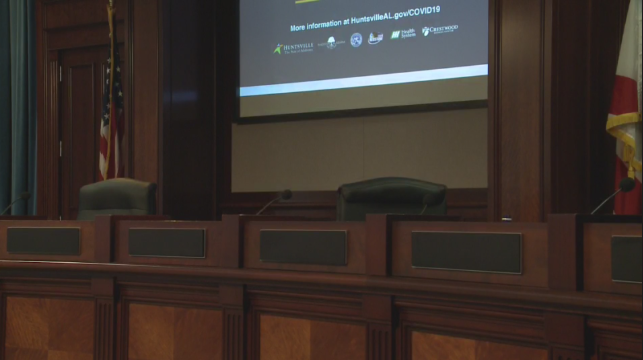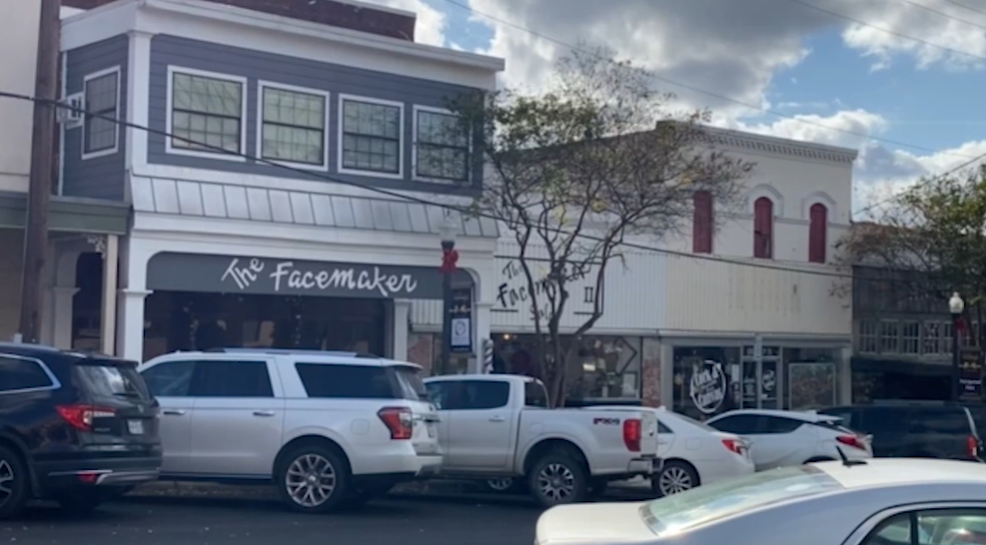
Pastor and co-founder of Gentle Ministries International Aggie DeJesus remembered a woman, a childhood abuse survivor, who had plans to join a support group but could not get off her couch to go to the meeting. The second week she got dressed but could not leave the house, the third week she got dressed, drove to the church but could not make herself go in.
Childhood abuse is an ongoing issue that cripples a child’s emotional development and strips them of their bodily autonomy, and it is a trauma they carry with them to adulthood. In Huntsville the abuse often comes from neglect and parental drug abuse.
“Most survivors don’t seek help because they believe there is such a stigma attached to it,” DeJesus said. “Often the victim is blamed. They are called a liar.”
De Jesus has witnessed several occasions of survivors trying to take the first step toward healing and it is not an easy one. When a child speaks to a parent or guardian about their sexual abuse, the response is often ignorance or denial.
This is one of the reasons why she started a support group for survivors of childhood sexual abuse. The support group is a safe haven for survivors to tell their stories and validate their experiences.
“They are not allowed to get stuck in the self-pity,” DeJesus said. “That child deserved pity, but you can’t live there. You can feel it, but you have to go through it.”
A part of moving forward is confronting the emotional and mental trauma.
“If they want to work on the trauma then that’s what we’ll do, but sometimes people are not ready,” Sam Houston State University Counseling Center staff psychologist Michelle Castanon said. “The first step may not be confronting the trauma but learning some coping skills.”
Castanon has worked with dozens of students trying to cope with the childhood sexual abuse they suffered at home or in the foster care system.
There are emotional, mental and physical symptoms of childhood abuse that manifest in adulthood. The symptoms range from nightmares and focus issues to depression, anxiety and even physical ailments such as stomach issues or headaches.
“Allowing the victim to find their empowerment again is one of the goals,” Castanon said.
Empowerment is far away to some. In times when a child is removed from an abusive or neglectful household, they are put into the foster care system, which can be a traumatic experience in and of itself.
Court Appointed Special Advocates (CASA) coordinator Kelly Cleveland has seen two distinct responses in children when they go through the process of the foster care system.
“You’ll have kids that will be doing fine but then you’ll have other kids that will have behavior issues and will act up because they want to test the boundaries,” Cleveland said. “They want to see if people are actually going to stay with them.”
CASA’s goal is to make sure no child is ignored or neglected, but that doesn’t erase what has been done.
“It’s just like any other child that’s going through something rough,” Cleveland said.











